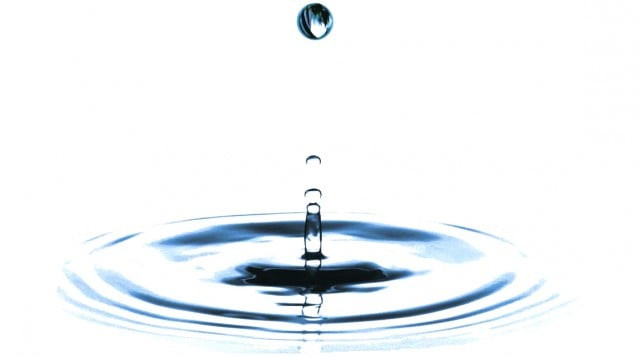Over half of twin cities’ water supply unfit for drinking
50 per cent of underground water reserves in the twin cities are germ-infested and present a health hazard.

Over half of twin cities’ water supply unfit for drinking
Pakistan Council for Research in Water Resources Islamabad (PCRWR) issued a report that 50 per cent of underground water reserves in the twin cities of Rawalpindi and Islamabad are germ-infested and present a health hazard.
In this connection, PCRWR took 150 water samples from over 20 locations in Islamabad and its outskirts, of which just 41 per cent of underground water reserves matched the standard of Pakistan Standards and Quality Control Authority (PSQCA).
Similarly, 1,125 water samples were being taken from 20 locations around Rawalpindi, of which 73 per cent were germ-infested and 83 per cent of the underground water was declared unhygienic.
Shortages of water reserves are compelling Pakistan to take concrete steps to provide safe drinking water to its people.
Approximately 44 per cent of the population of Pakistan does not have access to clean drinking water and 90 per cent of the population is still living in rural areas, where clean water is already hard to find.
Pakistan is one of 17 countries which are facing shortages of clean water and the condition of underground water is getting worse day by day due to the poor sanitation and sewerage system. Waste water from faulty sewage lines seeps into the soil and underground reserves, thus contaminating the water with human and industrial waste.
Published in The Express Tribune, April 28th, 2011.



















COMMENTS
Comments are moderated and generally will be posted if they are on-topic and not abusive.
For more information, please see our Comments FAQ